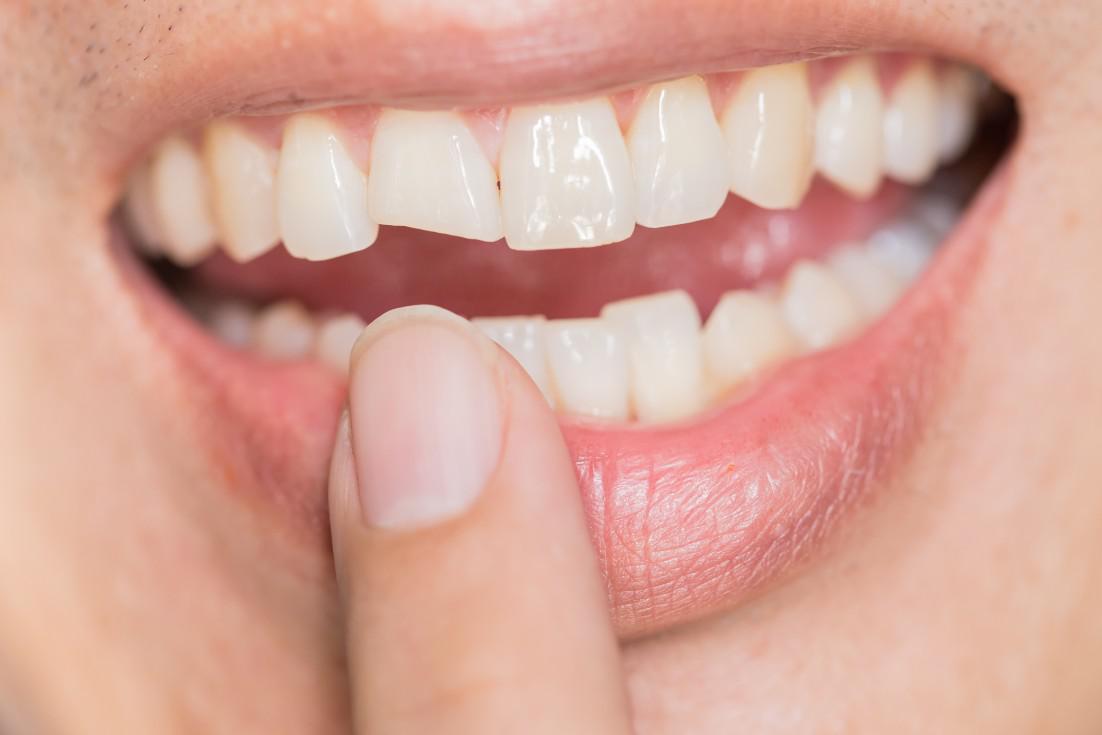 Anyone who has ever experienced the agony of a toothache knows that poor oral health is more than an inconvenience; it negatively impacts your quality of life. Not only can damaged teeth cause physical pain, but they can also create extreme self-consciousness and pose significant health risks if left untreated.
Anyone who has ever experienced the agony of a toothache knows that poor oral health is more than an inconvenience; it negatively impacts your quality of life. Not only can damaged teeth cause physical pain, but they can also create extreme self-consciousness and pose significant health risks if left untreated.
Damage occurs to teeth for a variety of reasons, from disease and facial trauma to years of teeth grinding or a misaligned bite. Fortunately, dental advancements allow us to treat or correct even the most severely damaged teeth. Specific treatment options will depend on a patient's circumstances and health history; however, we've outlined some common corrective procedures below:
Dental Implants
When possible, saving natural teeth is the preferred option; however, there may be instances where preservation is not feasible. For example, in some cases of overcrowding or tooth or bone structure loss, extraction may be the best solution. In these situations, dental implants will be a likely option.
Dental implants are essentially artificial tooth roots that create a strong foundation for dental crowns. Crowns are custom-made to fit a patient's mouth and match their natural teeth. Many dentists and patients prefer dental implants because they offer the same function as natural teeth and help prevent bone atrophy in the jaw. Not only do today's implants restore function, but, just as importantly, they also fulfill patients' esthetic expectations. As long as facial growth and development are complete, dental implants can be an excellent option for those who have lost teeth due to injury or decay. They can be used to replace a single missing or damaged tooth or to restore an entire smile. Ideally, implant surgery candidates are non-smokers with good oral health, including a sufficient amount of bone in the jaw and healthy gums.
Inlays and Onlays
Also known as indirect fillings, inlays and onlays are used when a tooth has moderate decay, or there isn't enough tooth structure to support a traditional filling. Using adhesive dental cement, an inlay is placed directly on the tooth's surface. When more significant damage is present, an onlay is used instead to cover the tooth's entire surface. Made of durable materials, inlays and onlays can last up to 30 years with proper oral hygiene.
Dental Veneers
Veneers are an excellent option for patients who have a tooth that is cracked, chipped, or severely discolored. They can also be used to close a gap or fix teeth that are worn down or uneven. Cosmetic veneers are ultra-thin shells made of porcelain or composite resin materials that cover the front surface of a tooth. Custom created to look exceptionally realistic, these shells bond to a patient's tooth with a strong, dental adhesive designed to hold up to daily rigors.
Full mouth Reconstruction
Intended for patients with extensive damage to their teeth and mouth, full mouth reconstruction involves a combination of dental treatments to rebuild or restore teeth, gums, and jaw function. A full reconstruction plan can include any number of the procedures listed above, as well as:
- Dental bonding
- Dental bridges and crowns
- Dental fillings
- Complete or partial dentures
- Root canal treatment
- Periodontal disease treatment
Though cosmetic elements, such as teeth whitening, may be a treatment plan component, full mouth reconstruction is not purely aesthetic, and patients need to meet a certain baseline of health to be considered candidates.
Our practice understands that the thought of extensive dental work can be intimidating, but we also know that the results can be life-changing. Don't wait until you can't stand the pain to schedule a consultation. Give us a call today!

